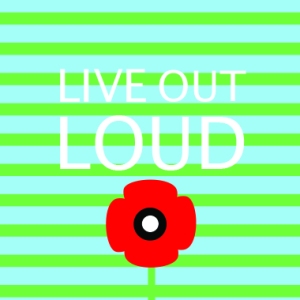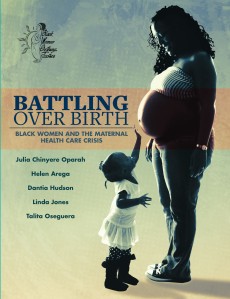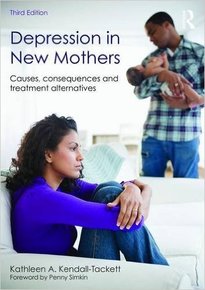Since 1976, Chris Auer has assisted mother-baby pairs, particularly those within a high risk demographic and in a level III NICU setting. In this excerpt from her new book Under One Sky, she recounts the distressing tale of a breastfeeding mother and her newborn’s drug withdrawal.
No one is immune from addiction:
it afflicts people of all ages, races, classes,
and professions. Patrick J. Kennedy.
The baby is in the midst of an all too familiar feeding frenzy. This is not to be confused with cluster feedings, when a baby feeds at frequent intervals. As she switches from left to right breast, I see her baby’s ruddy cheeks and jittery body. Without bothering to read the chart, I recognize what I am seeing, having witnessed it hundreds of times. I plunge into a conversation the mother would likely rather avoid. She’s been on a fairly high daily dose of methadone, 120 milligrams, since she was four months pregnant; prior to that, heroin. She denies relapses since starting a treatment program early in her pregnancy. I’ll wait to confirm this until I read the social work consult. I’ve learned it’s best to verify what these mothers report. I’ve been burnt more than a few times by believing mothers too readily. Still, my bent is to give them the benefit of the doubt.
On her weather-beaten face, I see panic rising. She’s clutching her baby tightly to soothe him, but it’s to no avail. “He’s just hungry,” she declares.

I counter haltingly, “This behavior isn’t really typical. He’s been nursing for two hours.” I’m persuading her to see her baby through the lens the pediatricians will use. I place him on the bed in front of her and we watch him “shiver,” or so she thinks. His movements are more than the sporadic startle reflex observed in all newborns. He is jittery, even when slightly swaddled.
“Maybe he’s just cold.”
She’s desperate to interpret his behavior as normal. It is perfectly normal, for a baby in withdrawal.
As time goes on, the baby sleeps fitfully, never longer than in hour increments. When awake, his cry is nearly incessant and high-pitched. I open his chart and see that it’s time for his every four hours withdrawal symptoms assessment. If the score is above an eight for three consecutive times, he will not be going home when she does. She mentions she is craving a cigarette as we review this Finnegan withdrawal assessment tool together. His score is 17. There is no doubt in my mind his withdrawal is severe enough, and has gone on long enough, that he needs his own exogenous micro liquid dose of methadone. It will taper as his symptoms improve. While the average length of stay for an infant’s treatment is 16 days, some babies are difficult to taper and have stayed with us for nearly two months. In 2015, every 25 minutes, a baby was born in the U.S. suffering from withdrawal.
I gently broach the topic of withdrawal, and she throws her hands over her face and begins to cry.
“What will I tell his daddy?” she asks as she throws her arms up into the air.

She tells me that she has kept her own addiction and treatment a secret from him. She gets up at 5 a.m. daily, and is one of the first in line at the Indiana Treatment Center. I have no reason to doubt this. With her treatment group this early, she can get her methadone, complete her random urine drug screen, and be back in bed by 7:15, well before her boyfriend wakes. I don’t get the idea that he’s a frequent bed buddy, but even if it were only once or twice a week, this scenario seems peculiar. I don’t ask.
“What do I tell his daddy?” The question lingers in the air.
“How about the truth?” I offer. Her reply stops the conversation in its tracks.
“Oh, that’ll never work.”

Chris Auer is a registered nurse and lactation consultant who has worked at the University of Cincinnati Medical Center for 42 years caring for mother-baby pairs from all walks of life and from as many as 77 countries, particularly those within a high risk demographic and in a Level III NICU setting. For over 20 years, Chris has provided pediatric resident lactation education and internship training and has published articles in seven peer-reviewed journals. Under One Sky is available here.
Hear the author here
Read a review of Under One Sky.























February 9, 2018 at 4:54 pm
Oh my goodness, I am so naive, I suppose I’d heard about this sort of thing but had pushed it to the back of my mind. That is so terribly sad …. thank goodness that you are there. Big thanks for helping these women and their babies. Have a lovely weekend. (And thank you for your post … I shared it with my husband who was also shocked). 🌼🌼
LikeLike